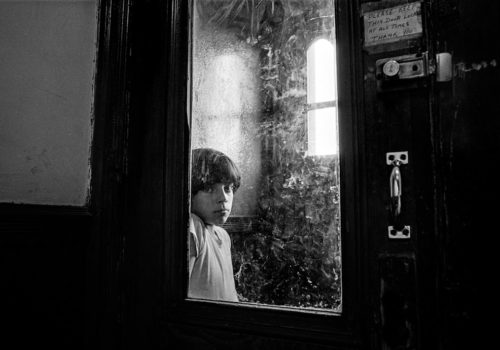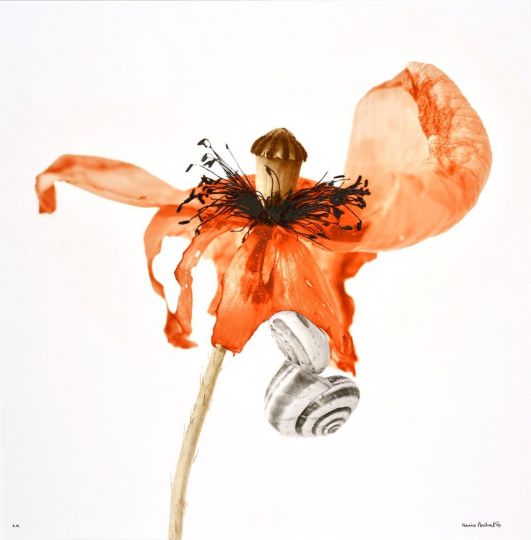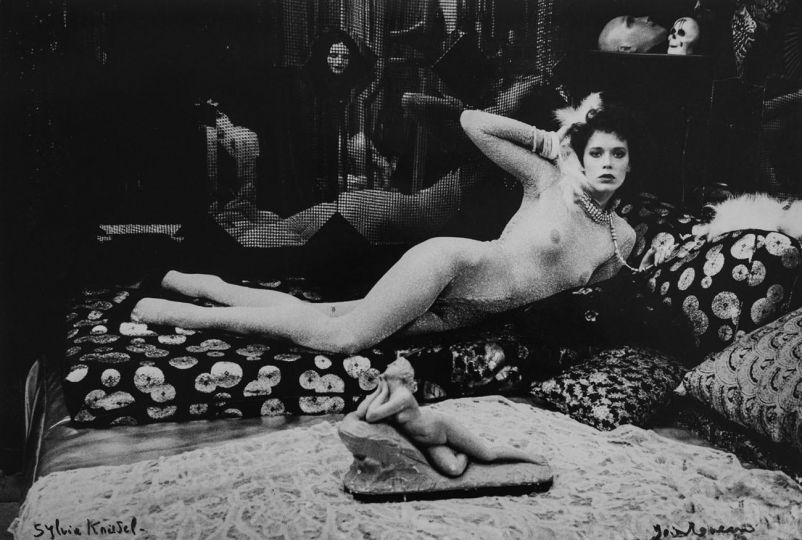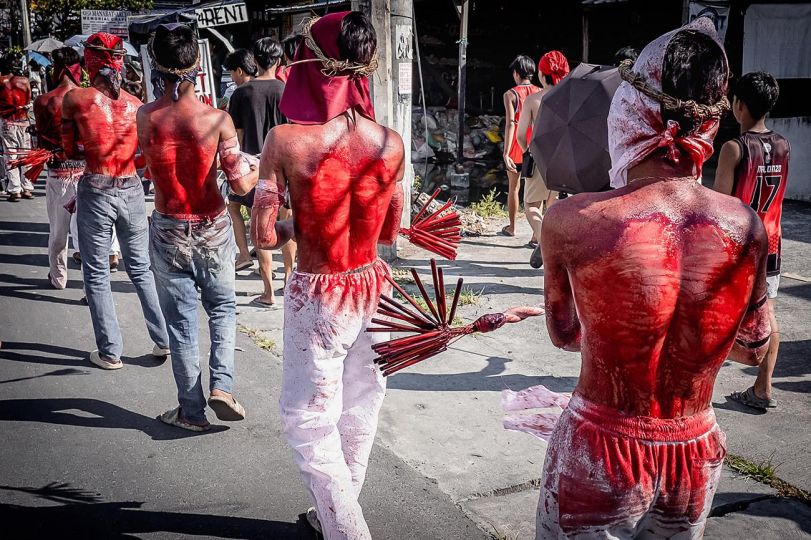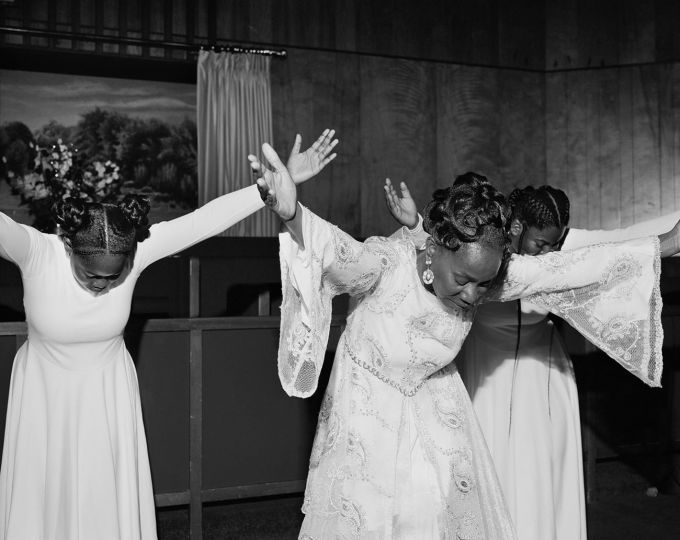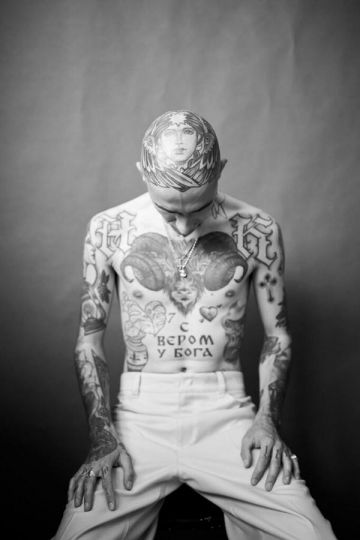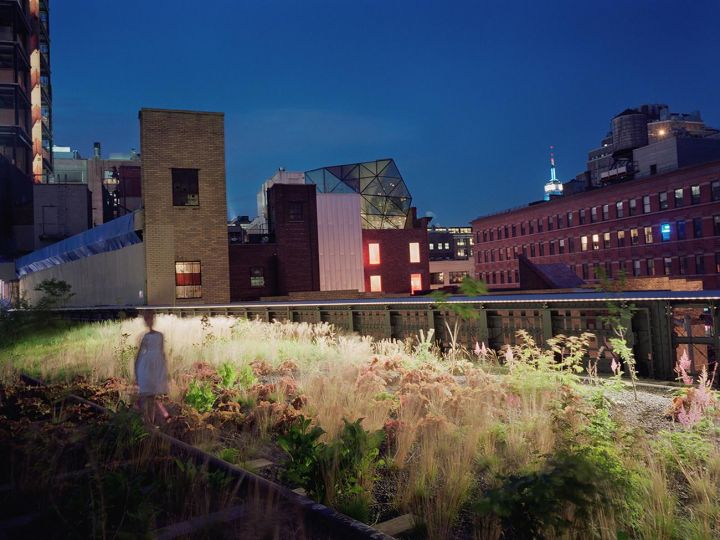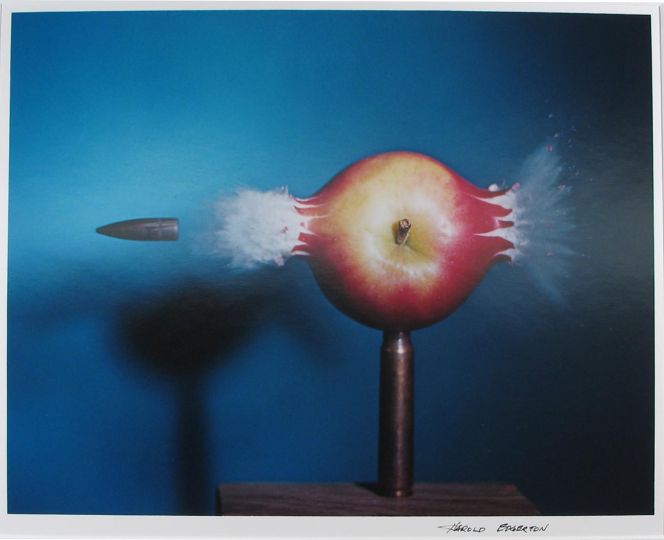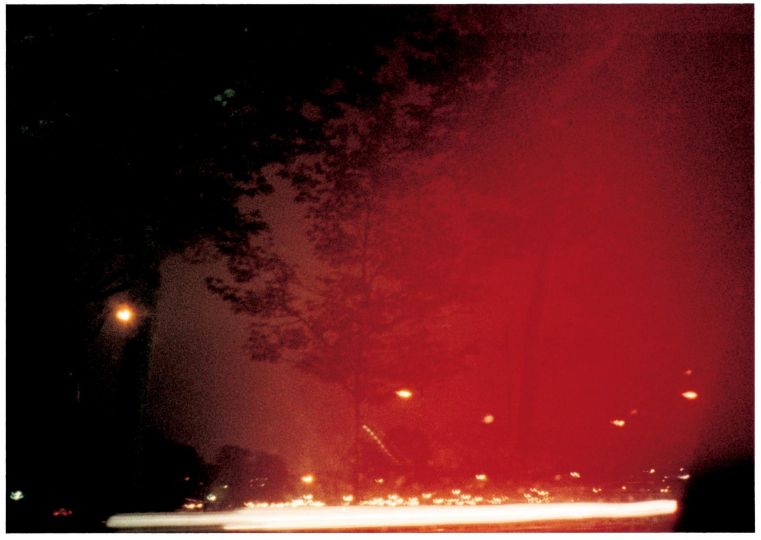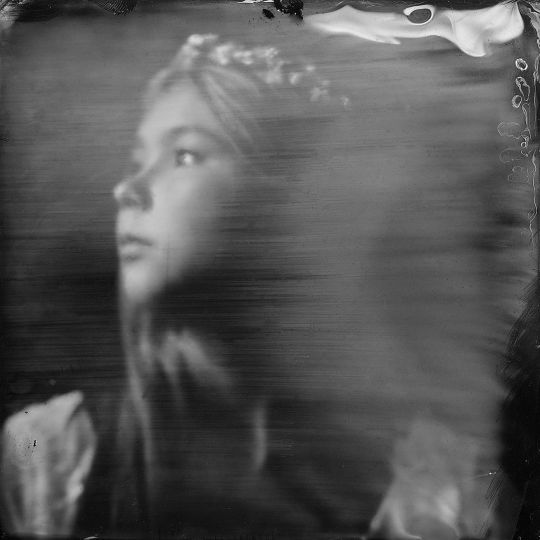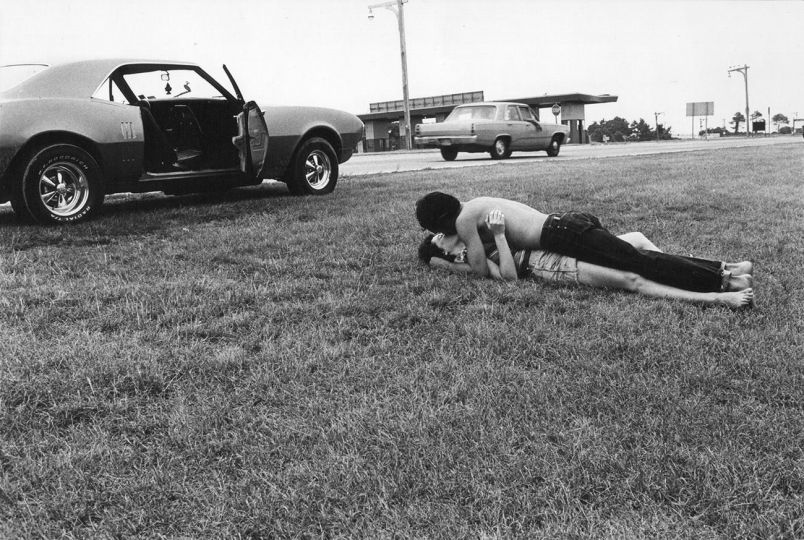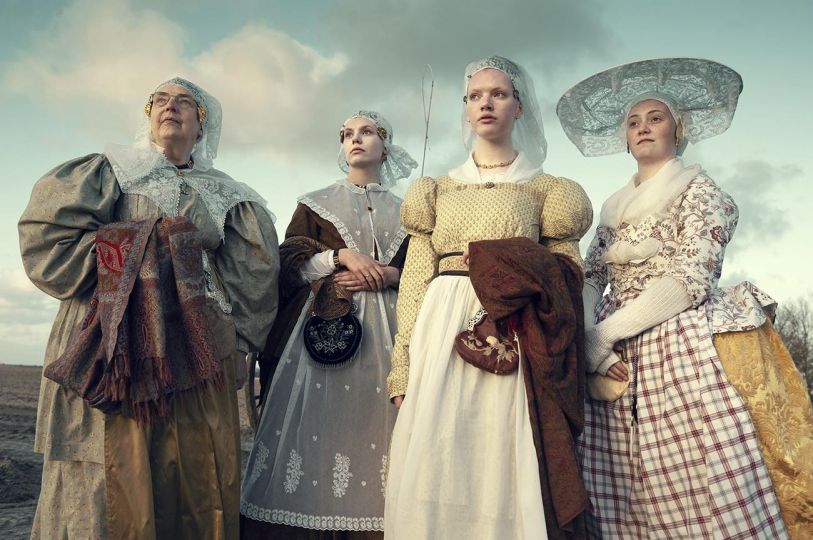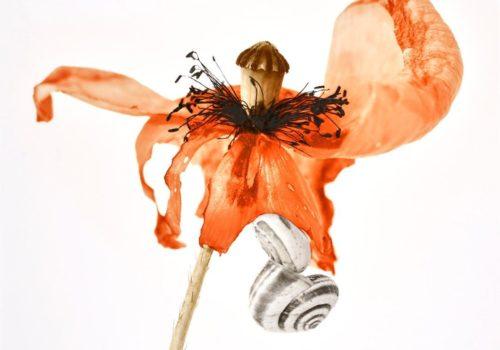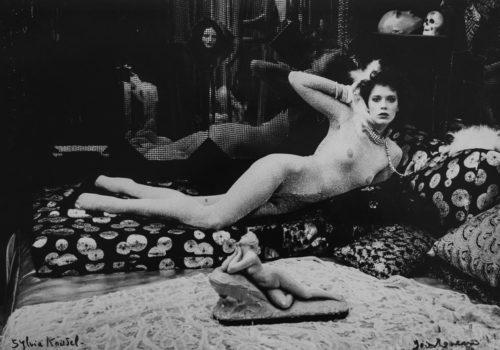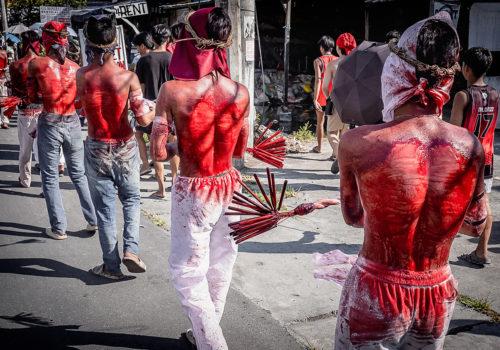The exhibition of Marc Asnin opened yesterday in New York. Laurence Cornet met Marc on this occasion. Here is a review.
« I burned on that stoop. The warm weather come, you stay on the stoop. That’s why my butt is shaped like two grips. I’ve seen life passing me by at hurricane speed, but I never felt the breeeze on that stoop. I didn’t know that then. If you feel the breeze you know it, but if you don’t feel the breeze, you don’t know about it. It’s just that one day empties into the next . The stoop is an extension of the house, that’s all it was. You could hear the goings on, you could hear and you knew what was going on. That’s about as far as I went. I went to the bodega on Myrtle for sodas and whatever. I had a car. I went nowhere. You back up. You go into seclusion. You don’t have to deal with things… It’s easier. You stay in bed. You sleep. There’s always tomorrow. »
Alongside the raw photographs of Marc Asnin, the incisive words of his uncle take the viewer deep into his torn and shameless soul. The effect is emphasized by a typographic game mimicking the fluctuations of his mood like Apollinaire calligrams. This autarkic essay unfolds over thirty years and follows the fall of Charlie Henschke, a anti-hero whose disturbed psychology forces him to stay in a chaotic microcosm. Charlie has spent the past thirty years within two times four walls that seem the steadfast witnesses of a family life destroyed by the unexpected departure of a wife, the devastating death of a son, a vast debauchery, and a raging world. The window plays a fundamental and symbolic role in this enclosed environment that only Asnin can access. It turns Charlie into a voyeur as well as a fantasized actor of the surrounding street life. It compensates for his inability to physically confront the outside world and at the same time becomes a narcissistic reflection of his enraged personality. A recurring and almost ubiquitous element of the photographs, the window establishes an ambiguous tension between the inside and the outside, between the individual and the universal. Each informs and finally represents metaphorically the other. From a window covered with grease appears a world that looks dim, uncertain, quivering like clothes in the night wind. The personal story unravels the brutality of the world and mixes together mastered images, crude words, tough context, and the cold intimacy of an insider observer. Uncle Charlie is like a bomb that blows mind away by drawing a portrait of a skewed society with the obscene lines of an uninhibited exhibitionism.
Laurence Cornet
Marc Asnin Book Signings:
Paris Photo, November 15, 6pm Contrasto Booth F28
ICP Store NY, December 14, 6pm
Exhibition :
Steven Kasher Gallery
November 8- December 22, 2012
521 West 23rd St #2R
New York, NY 10011,
USA

